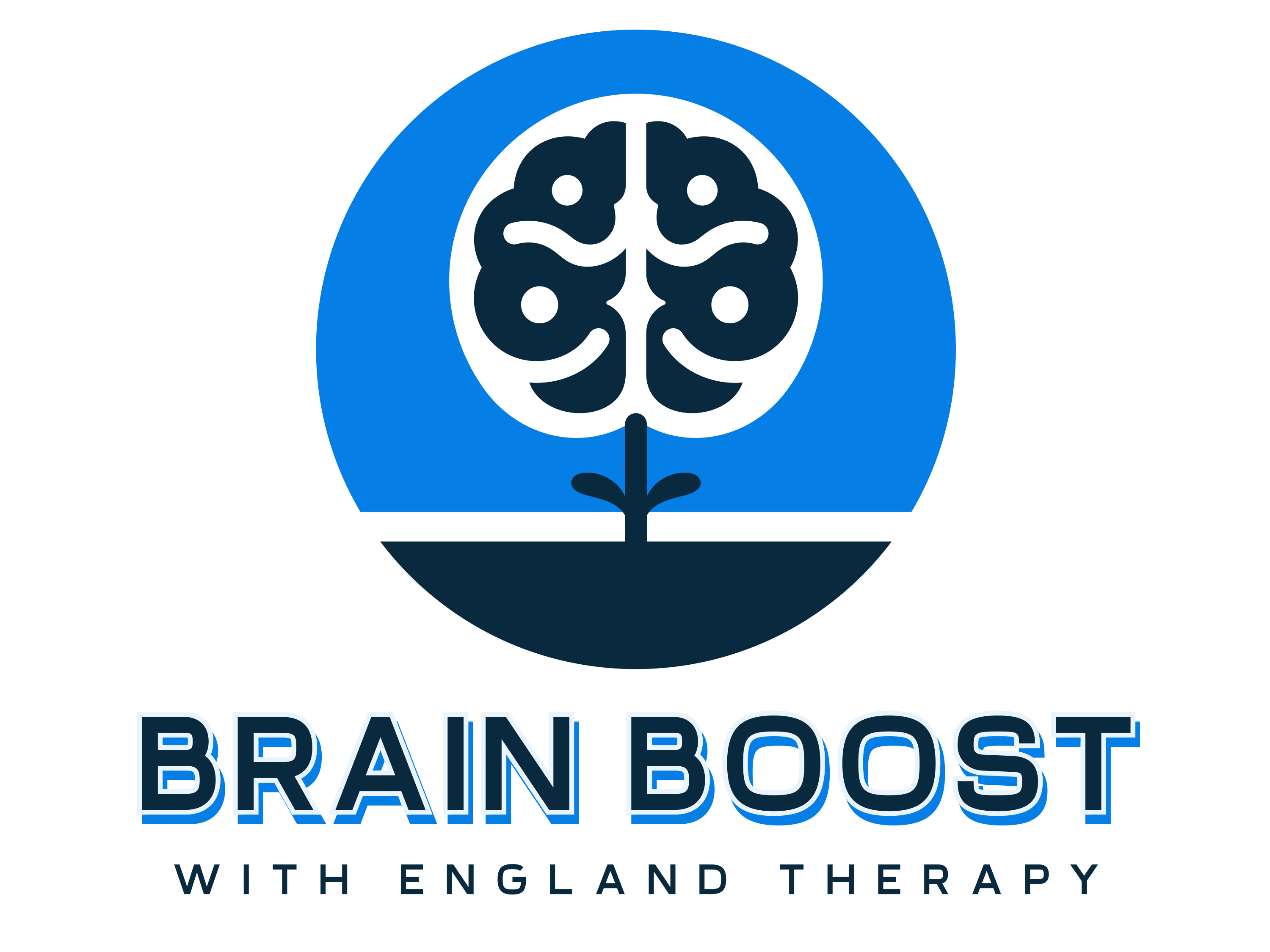Adolescence is a time of significant change and growth, and it can be a challenging period for many teenagers. It’s normal for teenagers to experience occasional stress or anxiety as they navigate through the complexities of school, relationships, and personal development. However, when anxiety becomes a constant companion, it can manifest in various ways, including crying and stomach pain. In this post, we’ll explore the symptoms of anxiety in teens, with a focus on how it can lead to these physical and emotional manifestations.

- Recognizing the Signs of Anxiety
Anxiety disorders are among the most common mental health issues affecting teenagers today. These disorders can manifest in a myriad of ways, making them difficult to identify. When it comes to teenagers, their symptoms may be different from those seen in adults. Here are some common signs that a teenager may be struggling with anxiety:
a. Excessive Worry: Teens with anxiety often experience excessive, uncontrollable worry about various aspects of their lives, such as school, social relationships, or future goals.
b. Irritability: Anxiety can lead to increased irritability and mood swings. Teens may become easily frustrated or agitated in situations that wouldn’t typically bother them.
c. Changes in Sleep Patterns: Anxiety can disrupt sleep patterns, causing insomnia or excessive fatigue. Teens may find it difficult to fall asleep or stay asleep through the night.
d. Physical Symptoms: In addition to emotional symptoms, anxiety can manifest physically. This includes stomachaches, headaches, muscle tension, and trembling.
- Crying Spells and Anxiety
One common way anxiety may present in teens is through crying. While occasional crying is a natural emotional response to stress or sadness, frequent or uncontrollable crying can be a sign of underlying anxiety. Here’s how crying spells may be connected to anxiety:
a. Emotional Overload: Teens with anxiety may become overwhelmed by their emotions, leading to sudden and intense crying episodes. These episodes may happen without an obvious trigger.
b. Perfectionism: Many teenagers with anxiety are perfectionists, setting high standards for themselves. When they feel they’re falling short of these standards, it can lead to frustration and tears.
c. Avoidance Behavior: Some teens with anxiety may use crying as a way to avoid challenging situations or confrontations, hoping that it will make others more sympathetic to their struggles.
- Stomach Pain and Anxiety
Stomach pain is another common physical symptom of anxiety in teenagers. Anxiety can directly affect the digestive system and lead to gastrointestinal discomfort. Here’s how anxiety and stomach pain are linked:
a. The Gut-Brain Connection: Research has shown that there is a strong connection between the brain and the gut, often referred to as the “gut-brain axis.” Anxiety can disrupt this connection, leading to stomach pain, cramps, and digestive issues.
b. Nervous Habits: Some teens may develop nervous habits when they’re anxious, such as tapping their feet, biting their nails, or clenching their stomach muscles. These habits can exacerbate stomach pain.
c. Avoidance of Food: In extreme cases, anxiety can lead to a loss of appetite or avoidance of certain foods, which can contribute to stomach discomfort.
In conclusion, recognizing anxiety in teenagers can be challenging because it often presents differently than it does in adults. Crying spells and stomach pain are just two of the many possible symptoms of anxiety in teens. If you suspect that your teenager is struggling with anxiety, it’s essential to seek professional help from a mental health provider or therapist. Early intervention and support can make a significant difference in helping teens manage their anxiety and lead happier, healthier lives. Additionally, open and nonjudgmental communication with your teen is crucial, as it can help them feel understood and supported during this challenging phase of their life. If you have questions, feel free to contact Jerred.

